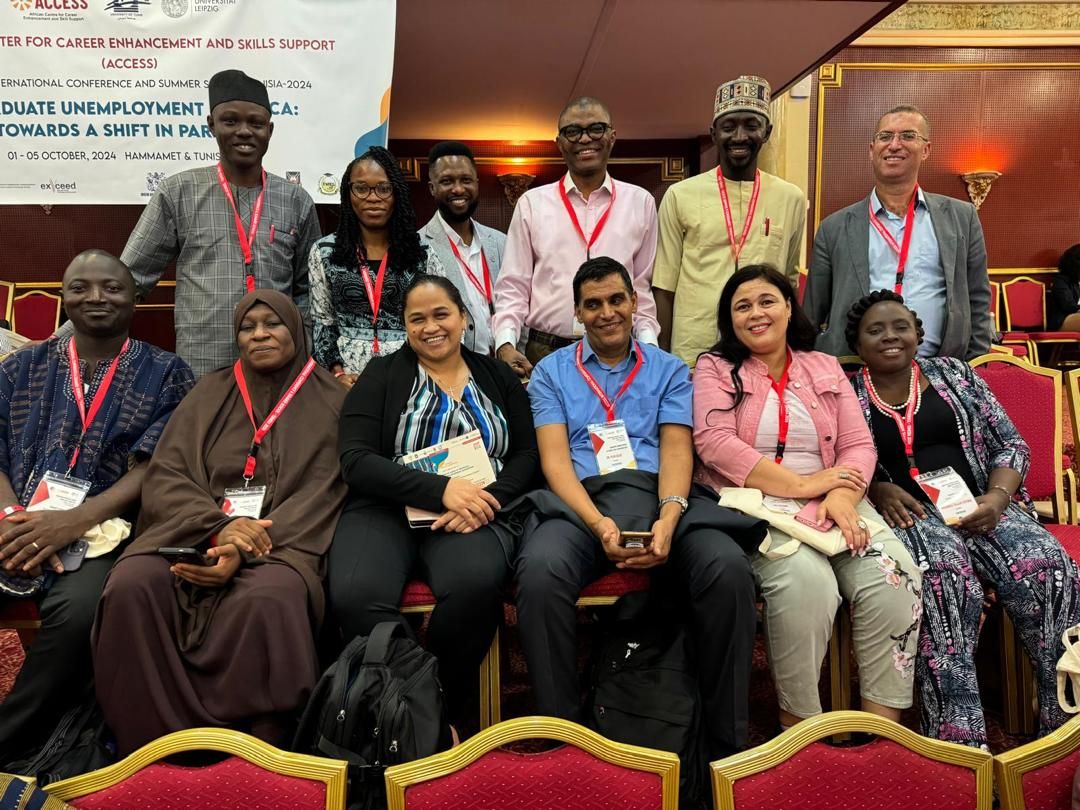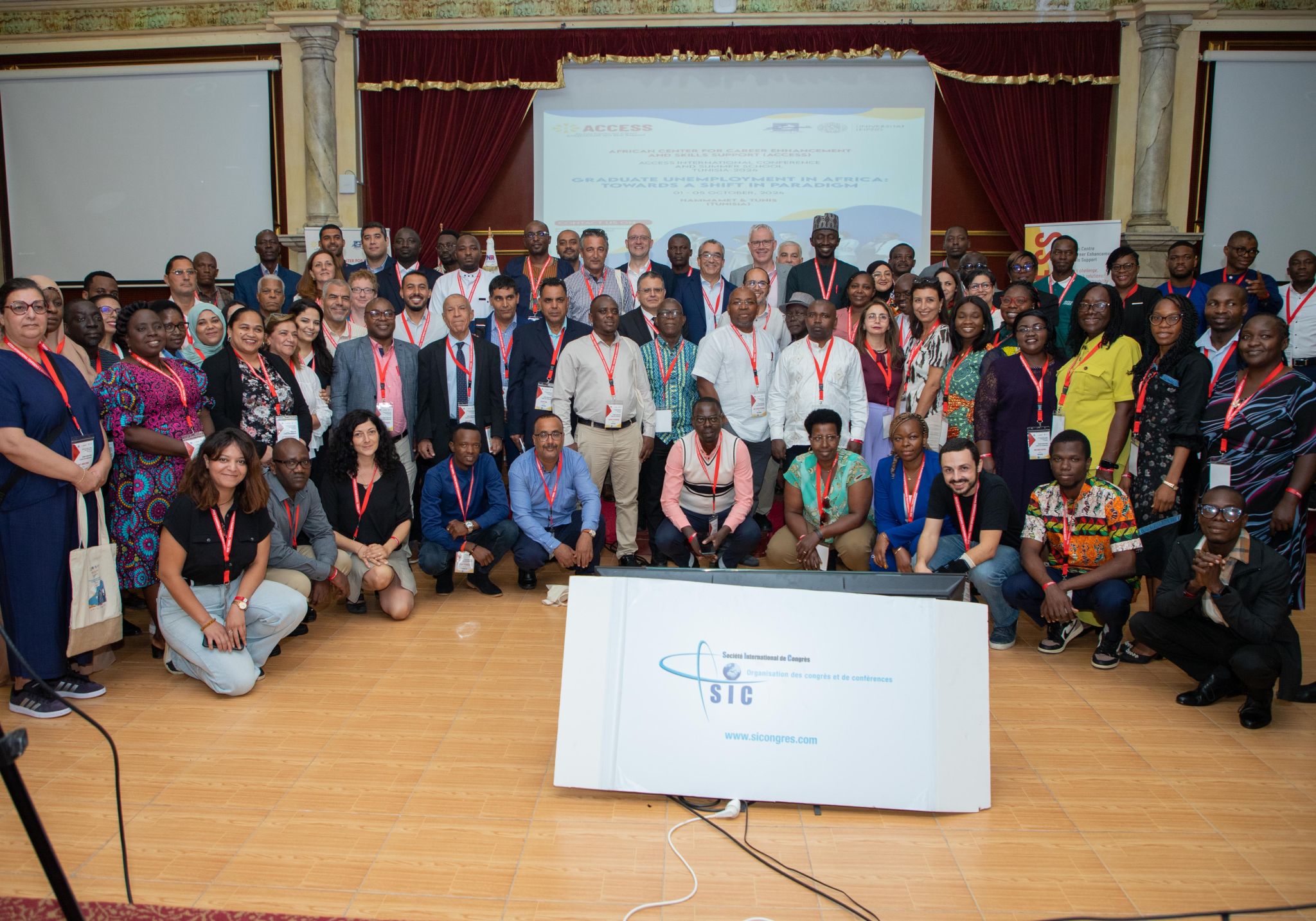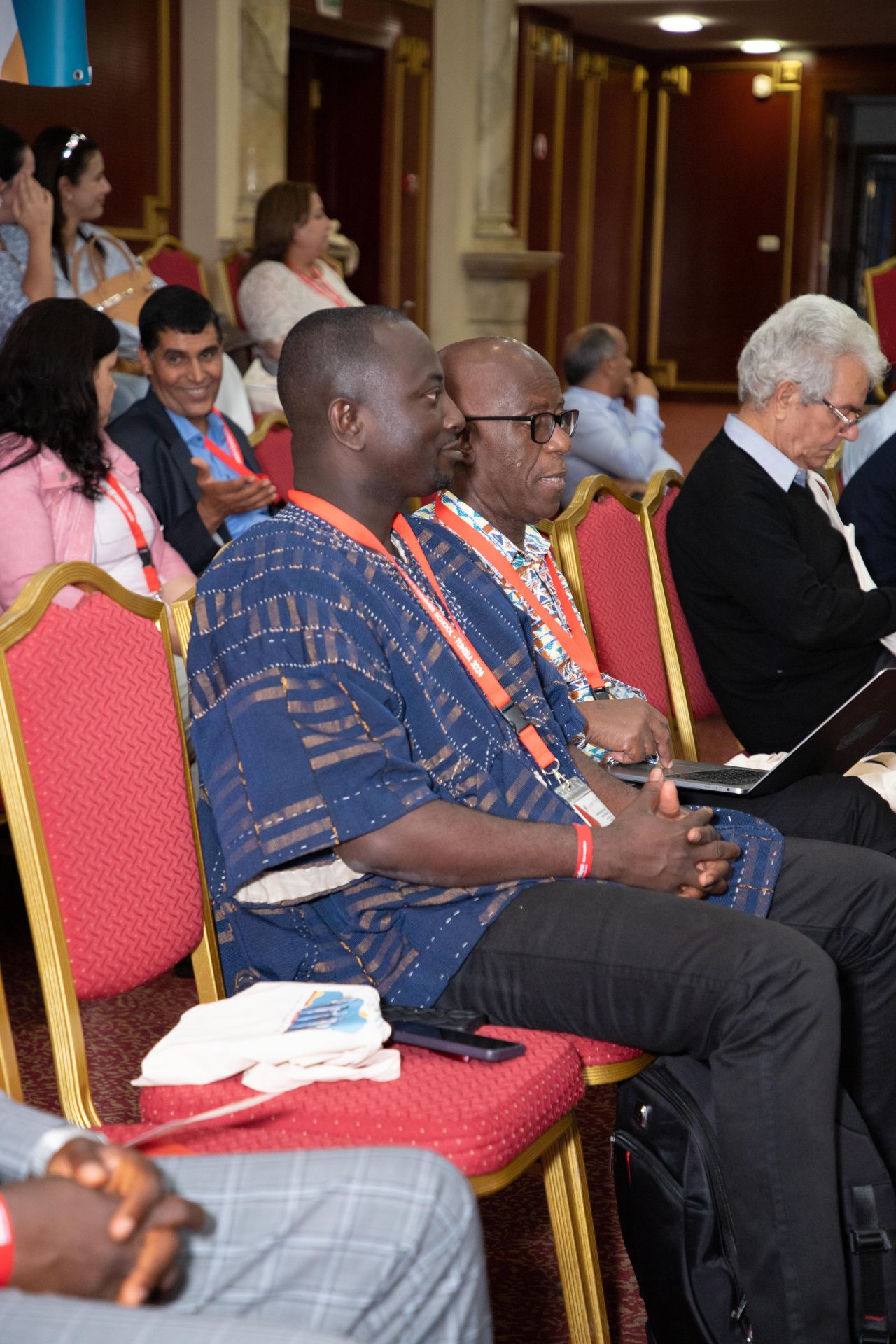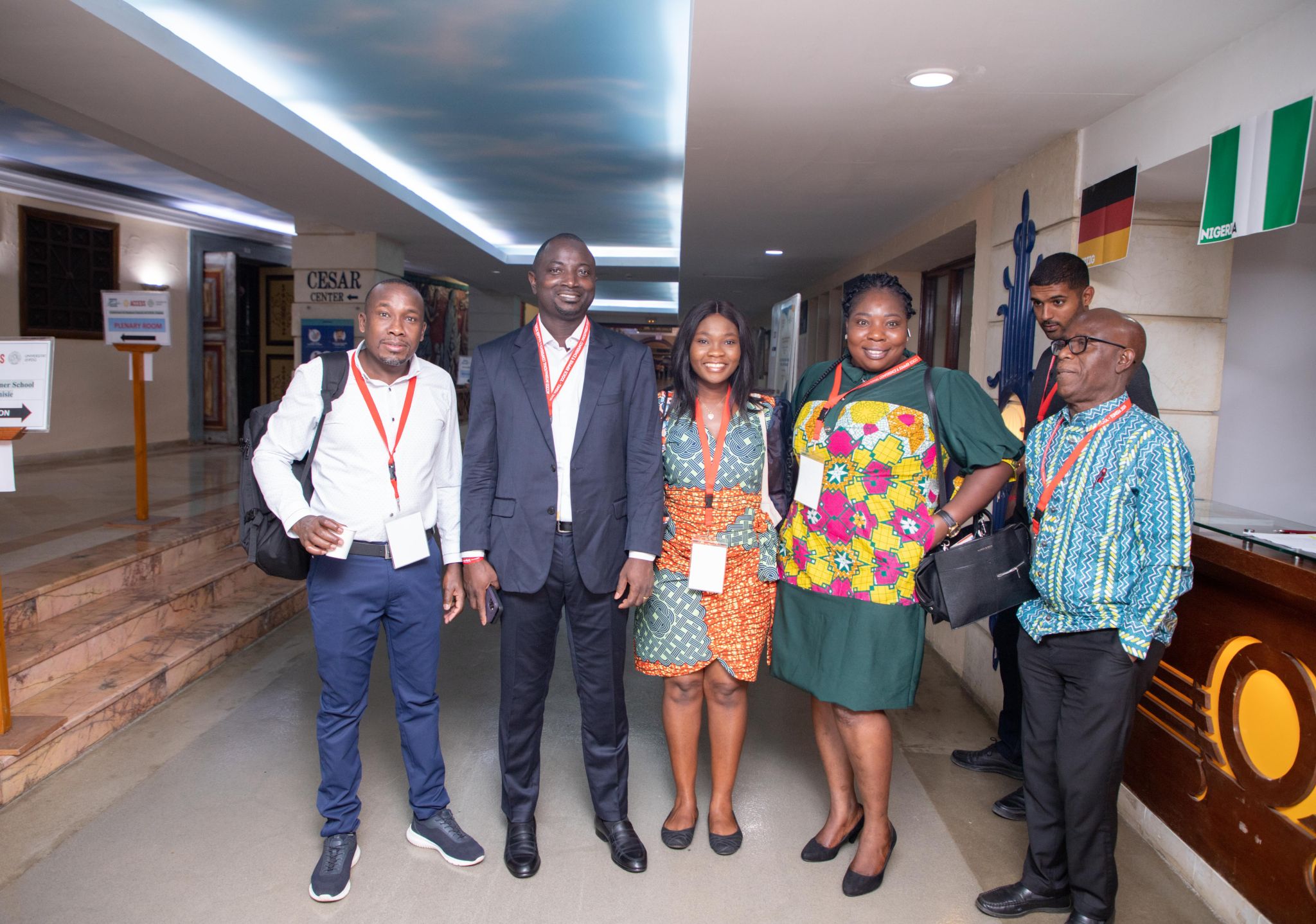Enhancing graduate employability: E-Portfolios and soft skills training at KNUST
Senior Assistant Registrar at the KNUST E-Learning Centre, Christopher Addo, has presented a paper titled "Enhancing graduate employability through E-Portfolios and soft skills training, a KNUST ACCESS Perspective" at the 2024 International Conference and Summer School of the African Centre for Career Enhancement and Skills Support, ACCESS, held in Hammamet and Tunis, Tunisia.
His presentation was on bridging the gap between academic achievements and the expectations of employers, using innovative methods such as e-portfolios and soft skills development.
During the conference, Christopher explained the importance of complementing traditional academic transcripts with e-portfolios, which provide a view of students’ skills and competencies.

"E-portfolios document academic achievements and make known the soft skills employers are looking for, such as communication, teamwork, and networking.This approach offers a way to assess a graduate’s readiness for the job market. It also makes sure students are equipped with both the hard and soft skills required to excel."
The conference theme, "Graduate unemployment in Africa, Towards a shift in paradigm," attracted presentations and discussions from thought leaders across the continent. Christopher Addo’s role at the KNUST E-Learning Centre aligns with the objectives of his presentation.
At the centre, he oversees initiatives that focus on building the capacity of faculty to integrate technology into teaching and learning, while also enhancing the employability of students.

"My role is to ensure that faculty members are equipped to deliver content that educates and prepares students for the world of work. At the E-Learning Centre, we implement programs that focus on soft skills training, branding, and e-portfolio development, all to make our graduates marketable.
" The E-Learning Centre’s efforts are part of the broader ACCESS project, which collaborates with universities across Africa to address graduate unemployment by linking academic programs to practical skills and business opportunities.

According to Christopher Addo, the ACCESS initiative at KNUST focuses on building capacity in teaching, research, and business linkages. "Our project encompasses four key pillars, improving teaching methods, enhancing research, fostering entrepreneurial skills, and creating business linkages for students.
We believe that by connecting students with business leaders and providing practical networking opportunities, we can improve their employability prospects,"

The ACCESS conference offered participants a platform to exchange ideas and explore strategies for tackling graduate unemployment in Africa. "We developed a course that trains students on building their brand and online presence through e-portfolios."Students learn to market themselves effectively by documenting their skills, projects, and experiences, making them more attractive to employers," he explained.
Reflecting on the implementation of the e-portfolio initiative, he said, "The project allowed us to engage students online, providing flexibility and accessibility. We invited industry leaders to interact with students, helping them understand what employers expect and what skills are necessary for career advancement."
He mentioned that the ACCESS project has a phased approach.
"Phase one has focused on building the capacity of selected faculty members across partner institutions in Africa. Phase two will shift attention to students, and them direct support and opportunities to build and refine their skills, thus enhancing their employability."
Published: 08th November, 2024 Source: KNUST E-Learning Centre
